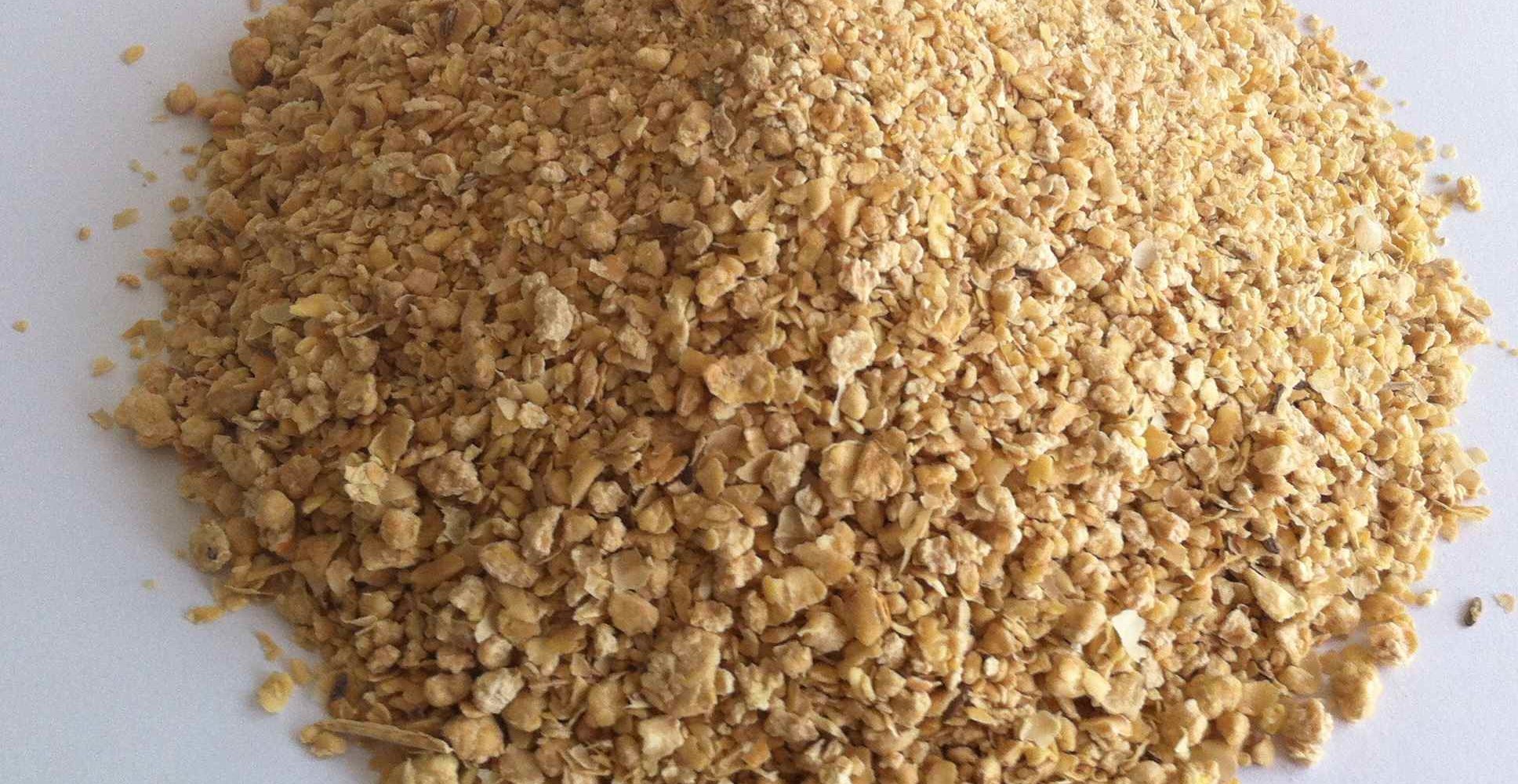11.21.2025
Sausage casings bulletin, November 21, 2025

...

Organic soybean meal prices have diverged significantly, with mid-west picked up at the crush hovering just above $800 per short ton, compared to prices more than $100 per short ton lower for imports. This premium is a function of the demand for domestic product, which can include, in some cases, beans that are imported and crushed in the United States.
Currently there is a stigma that is attached to imported beans. Merchandisers say that they believe there is soybean meal that is either mixed or crushed using Hexane. Merchandisers are also saying its very difficult to prove. Fortunately, the Indian government appears to be dedicated to exporting organic grains to the United States and is poised to crack down on fraudulent products according to merchandisers.
Organic soybean meal imports into the United States have been grabbing a larger percent of the pie, over the past 3-years. The gray line represents the percent of organic beans that make up the total. The orange shade represents the percent of organic soybean meal that make up the total. Organic soybean meal imports were nearly non-existent in October of 2016. Today they make up approximately 45% of the total and this year had a single month that was nearly 80% of the total organic soybean complex imported into the United States.
The Jacobsen has heard through the grapevine that organic corn farmers are frustrated by the drop in organic corn prices and need to sell down their old crop inventory to make room for new crop organic corn. Organic corn is hovering near the $8/$8.25 level for old crop picked up at the farm in the mid-west. Prices hit multi-year highs at $10.50 a year ago, but a robust 2018/2019 harvest weighed on prices.
What farmers fail to remember is that organic corn prices picked up at the farm where even lower 3-years ago. The organic corn swap has a three-year range which peaks near $10 and has a floor near $7.5. The average price of the organic corn swap during the past 3-years is $8.67.
For farmers, the current price of $8.00/$8.25 is only 5% from the long-term mid-price. The question for organic corn producers is whether this price is historically viable. If you can lock in $8.67 over time, can you consistently make money? Based on the costs to produce organic corn, relative to conventional corn, the answer is likely yes, according to the Jacobsen insight.
There is some seasonality to the organic corn swap. It appears to peak in the Q1, with an average corn swap price of $8.77.